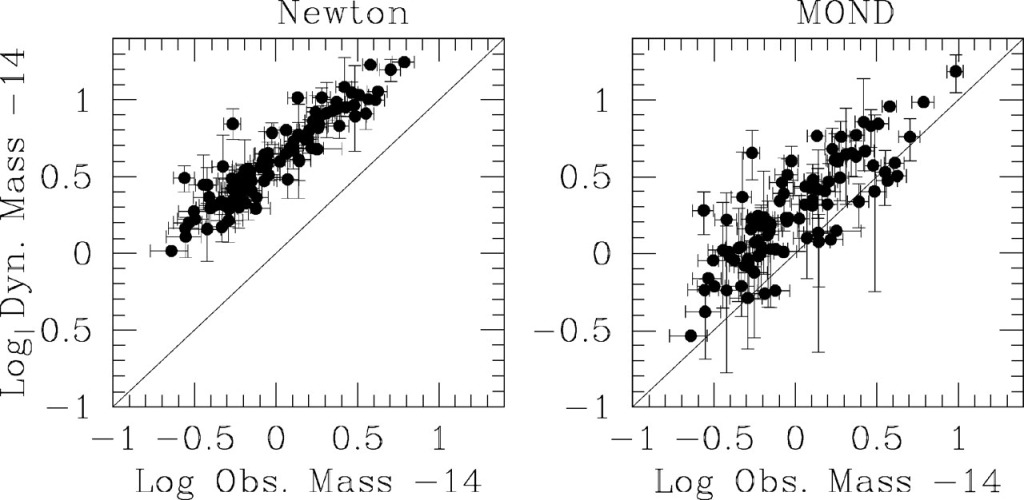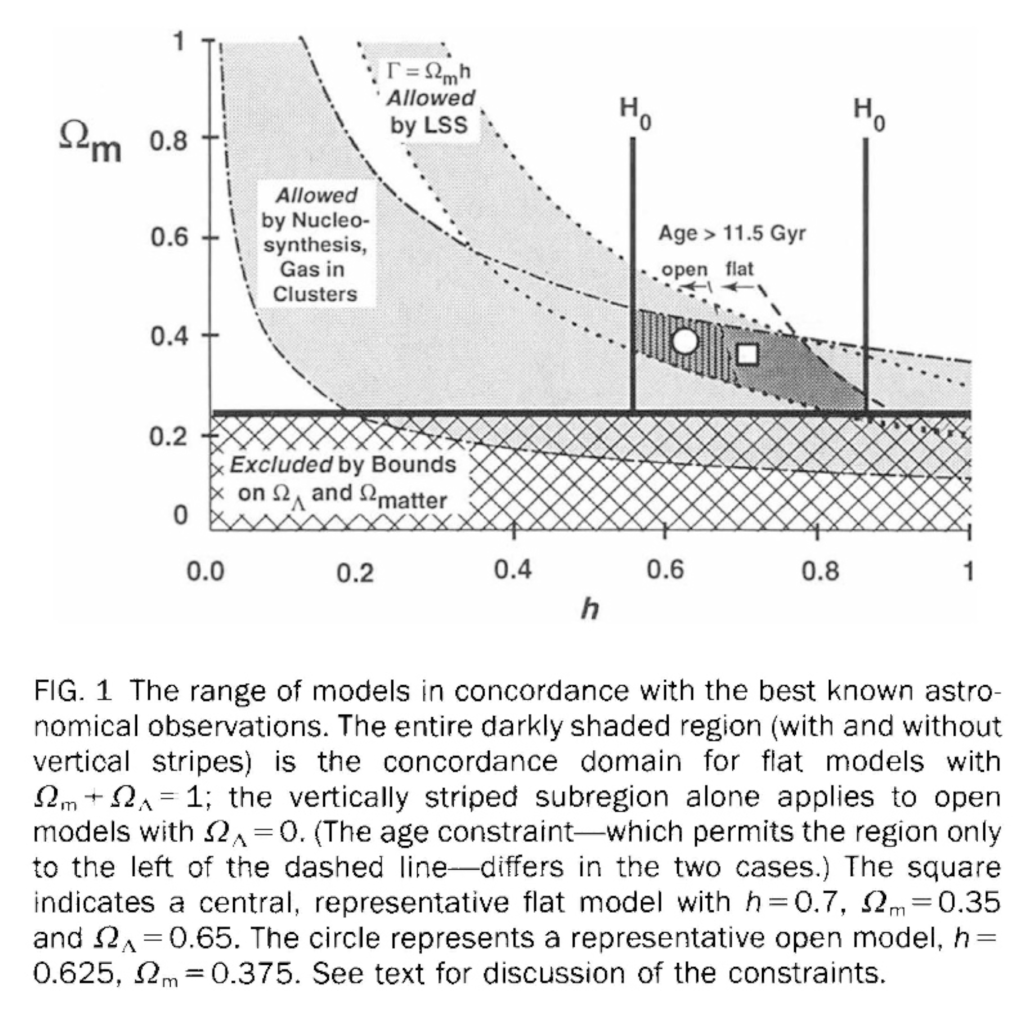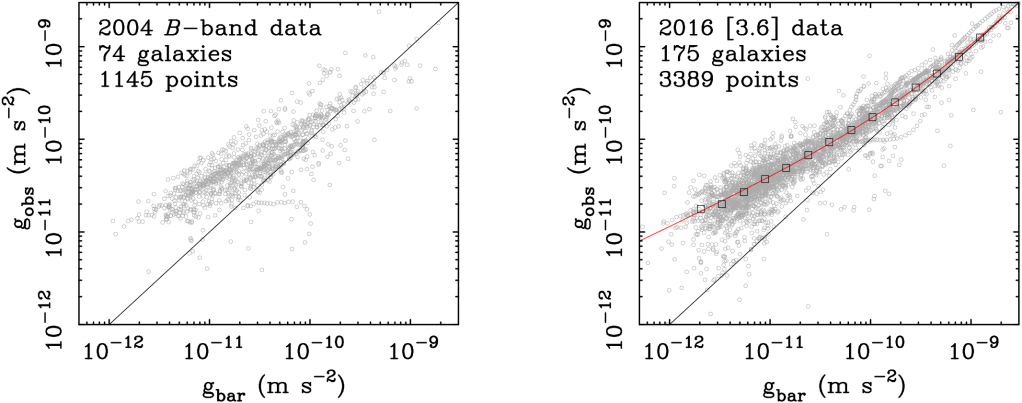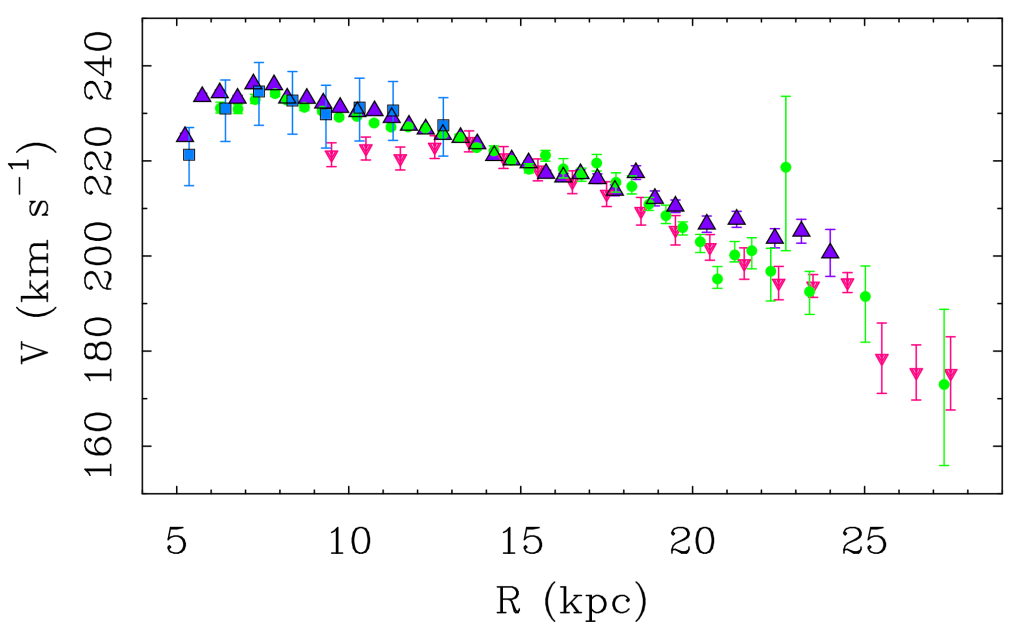
I have said I wasn’t going to attempt to teach an entire graduate course on galaxy dynamics in this forum, and I’m not. But I can give some pointers for those who want to try it for themselves. It also provides some useful context for fans of Deur’s approach. The go-to textbook for this topic is Galactic Dynamics by Binney & Tremaine.








